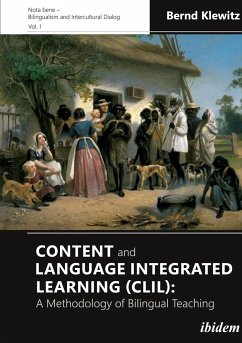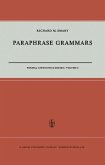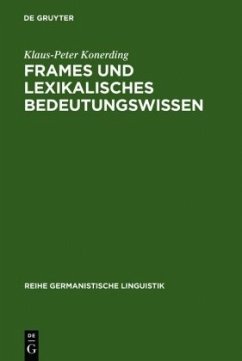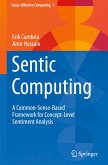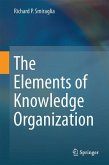Learning foreign languages is a process of acquiring authentic contents in cultural contexts. In this respect, bilingual programs provide an effective connection between content-based studies and linguistic activities. The European umbrella term CLIL (Content and Language Integrated Learning) not only comprises the aims and objectives of a sustainable format of teaching foreign languages but also the priority of content over language, in other words: language follows content, as in the Bauhaus precept form follows function. But in order to effectively integrate content and language, a comprehensive pedagogical approach is needed that goes beyond existing curricula and guidebooks. Bernd Klewitz aims at establishing the CLIL methodology by linking content requirements of subject areas, especially those in the social sciences, with linguistic building blocks and tools. The integrative methodology of bilingual programs extends to the study of literature, traditionally a domain of language tuition, but thought to be a seminal part of CLIL as well. The building blocks and language tools presented in this volume focus on learning foreign languages in cultural contexts, aims, and objectives of CLIL, parameters of an integrated bilingual teaching strategy, dimensions of bilingual learning, elements of a CLIL concept, Literary CLIL, CLIL tools and strategies, modules with worked examples, challenges, and desiderata, and a comprehensive glossary. Each section is completed with an interactive part of review, reflection, and practice.
Bitte wählen Sie Ihr Anliegen aus.
Rechnungen
Retourenschein anfordern
Bestellstatus
Storno

